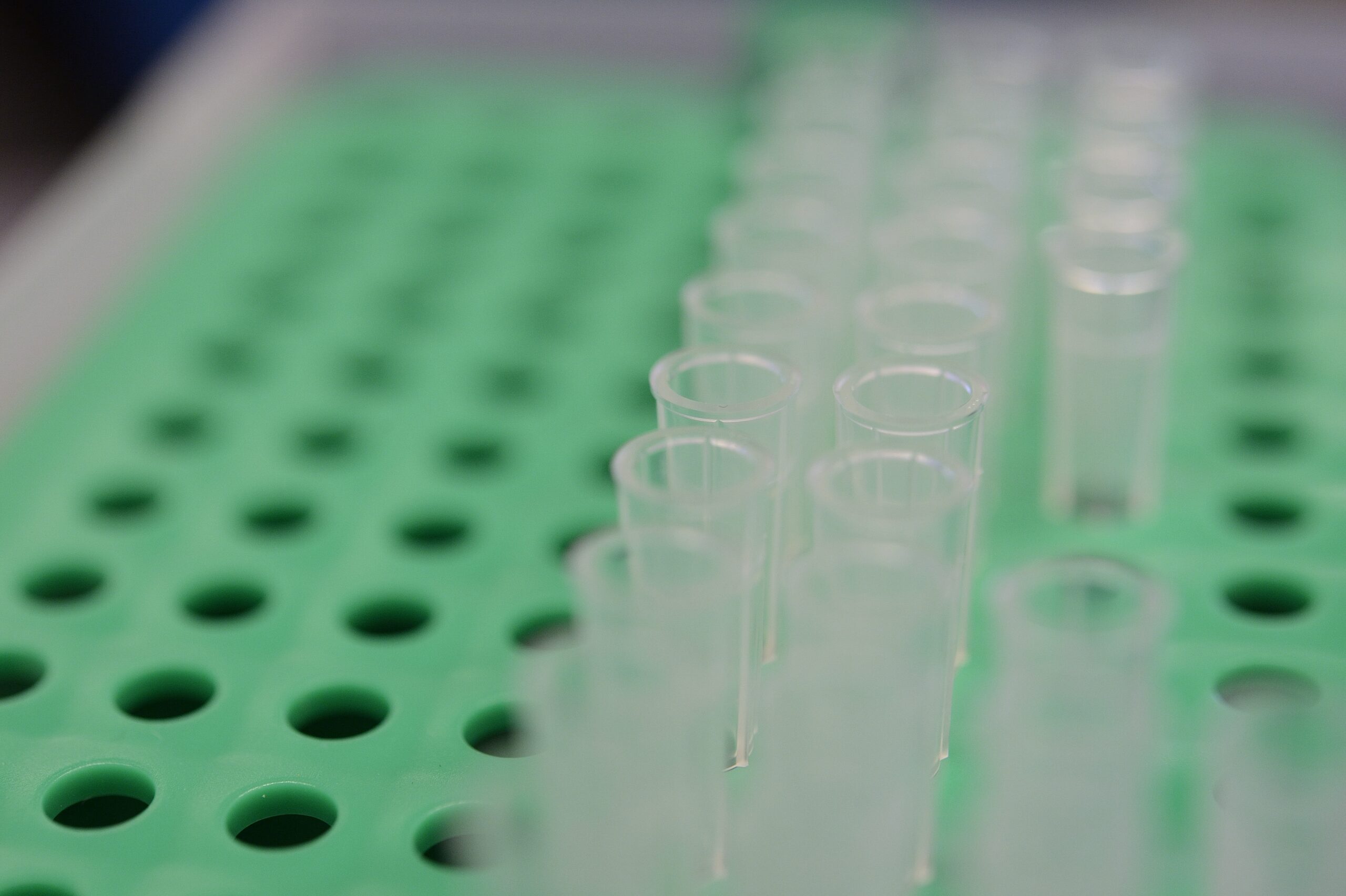The Laboratory and Biomarkers Core is dedicated to coordinating, promoting, and facilitating faculty access to both established and emerging laboratory methods that are essential for advancing research in HIV pathogenesis, treatment, and prevention. The Core provides consultative support to ensure that laboratory approaches are effectively integrated into diverse research programs—with particular emphasis on mentoring junior investigators and those new to HIV research.
Key services include maintaining a comprehensive biomarker specimen repository for the storage, cataloguing, and testing of biological samples. This repository also provides access to the associated clinical data, supporting robust and reproducible analysis.
The Core also facilitates collaboration by making specialized services from laboratories across the national CFAR network available. Investigators can explore these offerings by visiting the “Lab Services from Other CFARs” link in the menu.
Additionally, the Core supports access to a Data and Sample Set Database, which houses current and historical research resources. This valuable tool is available under the “Resources” section and provides access to HIV-related data and biological sample sets for secondary analysis and collaboration.
Training and Quality:






Johns Hopkins University | Baltimore, Maryland | 410-516-8000 | Privacy Statement